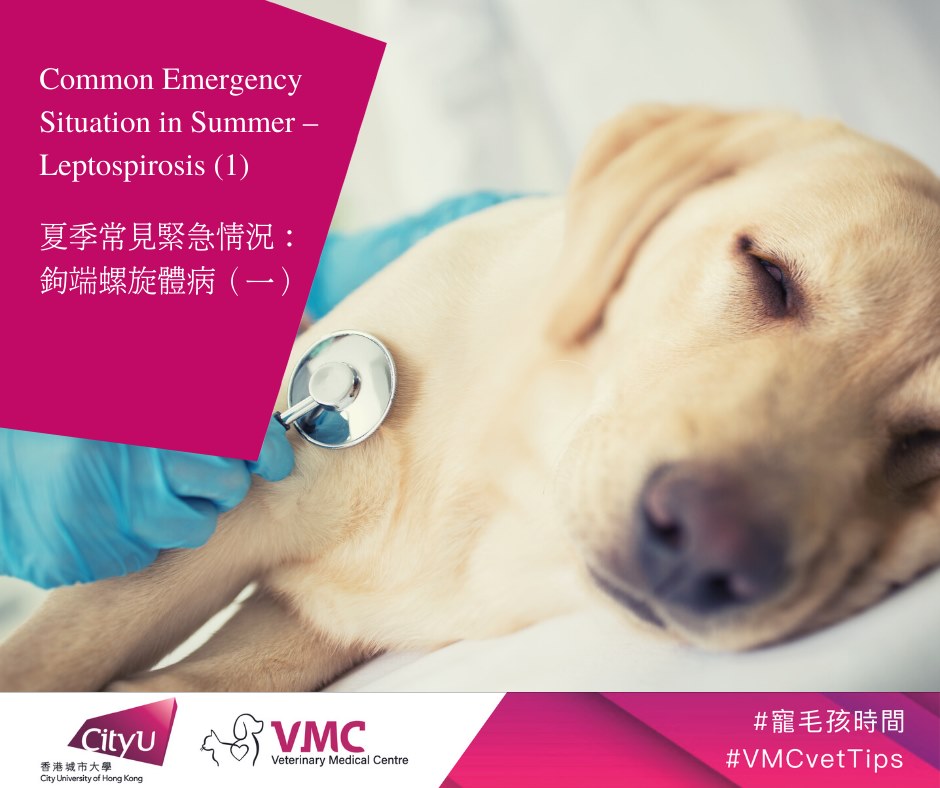
You are enjoying an outdoor activity with your dog, and you noticed that he/she is heavily panting. You suspected that your dog is developing heat strokes, what should you do? Here we are sharing some first aid tips and what’s more – how to prevent your dogs from getting heat strokes.
Doggies that love the outdoors should look out for Leptospirosis! This is a fatal disease which affects our beloved dogs and is lethal in a large number of cases. Owners, please pay extra care when you are out enjoying nature with your dogs.
Leptospirosis is caused by bacteria that is transmitted via rodent urine, it can infect many different species of animals including dogs. In fact, Leptospirosis is also a zoonotic disease – meaning it can infect humans too!
Leptospirosis is caused by different types of Leptospira bacteria. It is most common in wet environments and can be found in marshy or muddy areas. Dogs will most often come into contact with leptospirosis through infected water, either when swimming, drinking or just running through it.
Leptospira bacteria are shed in the urine of infected animals and are then transmitted by either direct or indirect contact. Rats are the main carriers of the disease. They live in the bushy areas and after it rains their urine will be washed down into streams and waterways.
Leptospirosis can be difficult to diagnose because it presents with a wide variety of symptoms that are seen with many other diseases. The early signs are non-specific and vague - sometimes vomiting and diarrhea are seen.
The bacteria can spread via the blood and attack multiple organs of the dog’s body, which may result in liver and kidney failure. Once the symptoms appear, the disease is already in the advanced stages and has become life-threatening.
Dogs affected by leptospirosis may show the following clinical signs:
- Vomiting
- Diarrhea
- Jaundice (yellow discoloration of the skin, gums and whites of the eyes)
- Dehydration
- Consumption of large amounts of water accompanied by frequent urination
- Fever
- Sore muscles and a reluctance to move
- Breathing difficult
- Loss of appetite
- Bleeding disorders causing nosebleeds and blood in the vomit, urine or faeces
Appointment/Enquiry: 3650 3000 (Mon-Sun: 9:00am – 7:00pm)
Address: G-2/F, Trinity Towers, 339 Lai Chi Kok Road, Sham Shui Po
Online booking for revisit with primary care veterinarians or vaccination:
https://www.cityuvmc.com.hk/en/online-booking